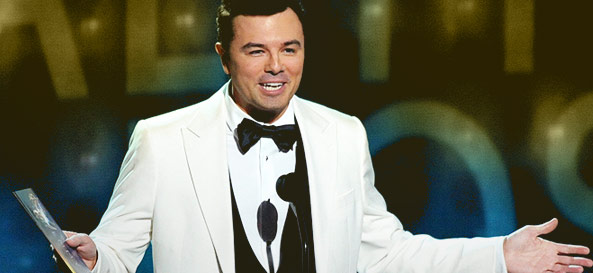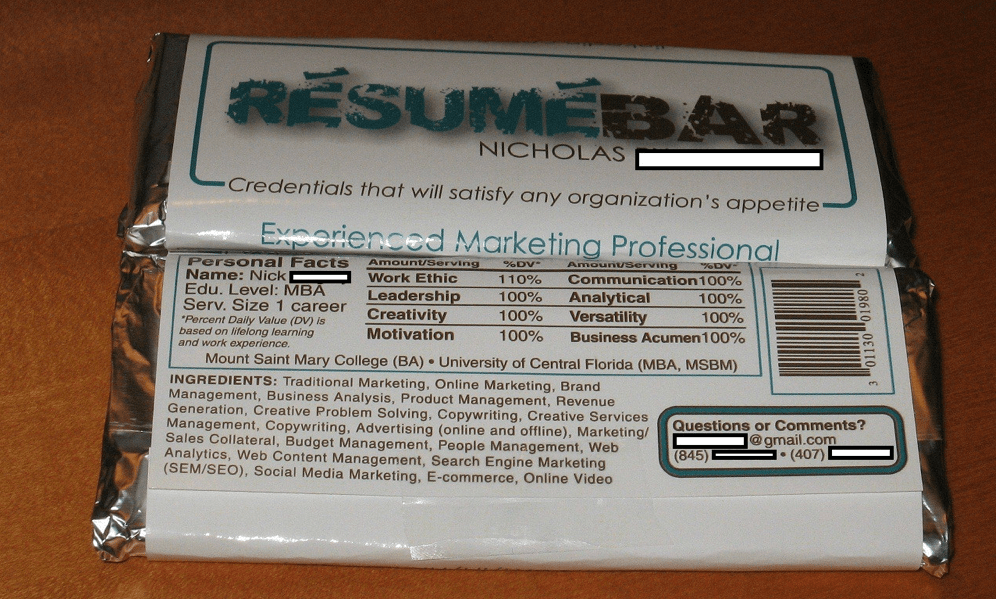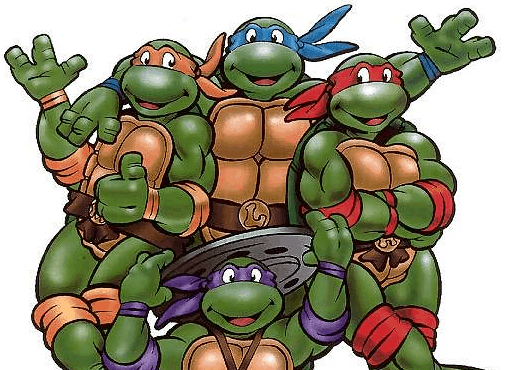
In The New Yorker’s 2012 profile of Seth MacFarlane—the creator of Family Guy, American Dad and Ted and the host of this Sunday’s Academy Awards—MacFarlane was very open about his discontent with his current level of Hollywood notoriety. While he is history’s highest-paid writer/director, he is clearly gunning for a spot as comedic legend. “There’s a prejudice against the medium of animation,” the interview quotes him as saying. “I don’t care about winning awards, but it’ll be nice to do something that is perceived as slightly more significant … It’s like Sammy Davis, Jr., at the Sands. Everyone recognized that he was a great entertainer and an enormous talent, but, you know: Stay out of the casino.”
The flaws in MacFarlane’s comparison of animation’s “struggle” for legitimacy to the civil rights movement are self-evident, but they do reveal something about him. He wants more than just gargantuan success. He craves the respect of his peers. And, with this weekend’s very high-profile gig, he seems to have gotten it.
It’s a curious role, because “respect” is not a word one would readily associate with MacFarlane. Here is a (by no means exhaustive) list of groups whom MacFarlane has attacked: Christians, Jews, Muslims, Catholics, the Amish, African-Americans, Asians, Native Americans, gays, lesbians, transgendered, victims of AIDS, victims of pedophilia, victims of domestic abuse, victims of rape, aborted babies, the mentally handicapped, the physically handicapped, the deaf and 9/11 victims. Family Guy has made enemies with the Parent Television Council, the Federal Communications Division, Entertainment Weekly, GLAAD, Sarah Palin, the American Life League, Showbiz Tonight, Jezebel and so many more.
If MacFarlane is serious about this bid for comedy legend, he should start by turning Family Guy around. Because whether or not he’s right about a legitimate bias against animation in awards circles, that bias isn’t the reason he’s having a hard time garnering respect.
If you know anything about Family Guy, you know it’s renowned for shock. The cartoon follows the exploits of the Griffin family, who need little introduction. Peter, the patriarch, is a doltish Homer Simpson knock-off. His diabolical, sexually-confused infant son, Stewie, frequently plots his family’s death and world domination. The family dog, Brian, is the only other member of the family with any recognizable trait other than stupidity. He’s a liberal elitist who serves mostly as a punching bag for Stewie and the source of a seemingly infinite supply of bestiality gags.
Such is the mind chosen to represent a night devoted to excellence in entertainment.
It’s unlikely that MacFarlane’s shtick would fly on most sitcoms, but the very animation that he claims has held him back is probably responsible for his carte blanche. A show featuring a baby so tormented by his sexual identity that he seeks to kill his parents wouldn’t be greenlit if the baby were real. A gag about Michael J. Fox’s failed attempt to carve a Zorro-esque “Z” into a wall due to his Parkinson’s would tank if it were actually Michael J. Fox. But in animation, it’s fake enough to get a pass.
This is not a popular critique. MacFarlane has mastered the art of making his detractors look like humorless cranks. When Sarah Palin took offense at Family Guy’s jab at her son’s cognitive disabilities, he said that he was “an equal-opportunity offender” (which, in his mind, means that nobody should be offended, instead of the more natural implication: everyone should be offended).
An equally common defense is that MacFarlane’s brand of shock humor is satire, i.e. intelligent jokes that would make society reconsider pre-conceived notions about certain subjects. The idea is that if you’re offended, you’re not getting the joke. It’s the same defense used by such purveyors of oh-no-they-didn’t comedy like South Park, The Onion and even The Simpsons.
The difference is, those platforms have a working knowledge of satire. Take South Park, a show frequently—and inaccurately—compared to Family Guy. Matt Parker and Trey Stone’s long-running depiction of a series of grade-schoolers grappling with an absurd world around them is shock-inducing, crass and frequently indefensible, but it is satire. During one memorable episode in which Cartman starts a Christian band called “Faith Plus One,” Christians were not the target. Instead, South Park delivered an episode attacking the Christian sub-culture and its symbiotic reliance on a larger pop culture from which to draw for its creativity.
Family Guy, on the other hand, featured an episode in which Jesus returns, only to become a celebrity-obsessed party hound who beds Lindsay Lohan and gets thrown in jail. There was no larger point about Christianity, modern perceptions of Jesus or even religion as a whole. The extent of the joke was, as most Family Guy humor is, “What if we took [celebrity] and put them in [shocking situation] doing [random activity]?”
And God gets off easy on Family Guy. The more common joke fodder are things like rape, bestiality, incest, homosexuality and racism. It’s not that those subjects don’t provide opportunity for satire. It’s just that what Seth MacFarlane is doing isn’t satire.
And so, we come to Seth MacFarlane’s ascension to Hollywood’s crown prince of comedy. He earned his Oscar-hosting gig after a very funny stint as Saturday Night Live‘s guest host this season. He may well do a similarly winsome job at the Oscars—which would be a welcome change from the Academy’s current streak of lackluster emcees. MacFarlane is a gifted comedian, but he’s chosen to build his career not on his talent but on his willingness to appall.
For the many just criticisms that can be lobbed at the Academy Awards, they deserve credit for recognizing serious filmmaking. While the movie industry as a whole continues its downward spiral of sequel-dumps, the Oscars award creative, original content. This year’s list of nominees for Best Picture feature intelligent, thoughtful films worthy of consideration, many of which take on important issues (racism, terrorism, euthanasia and mental illness, to name a few) that Family Guy has seen as little more than whoopee cushions. Introducing MacFarlane to the mix not only damages the Oscar’s prestige, it makes the whole thing look exactly like what it’s so often accused of being: an act.






















